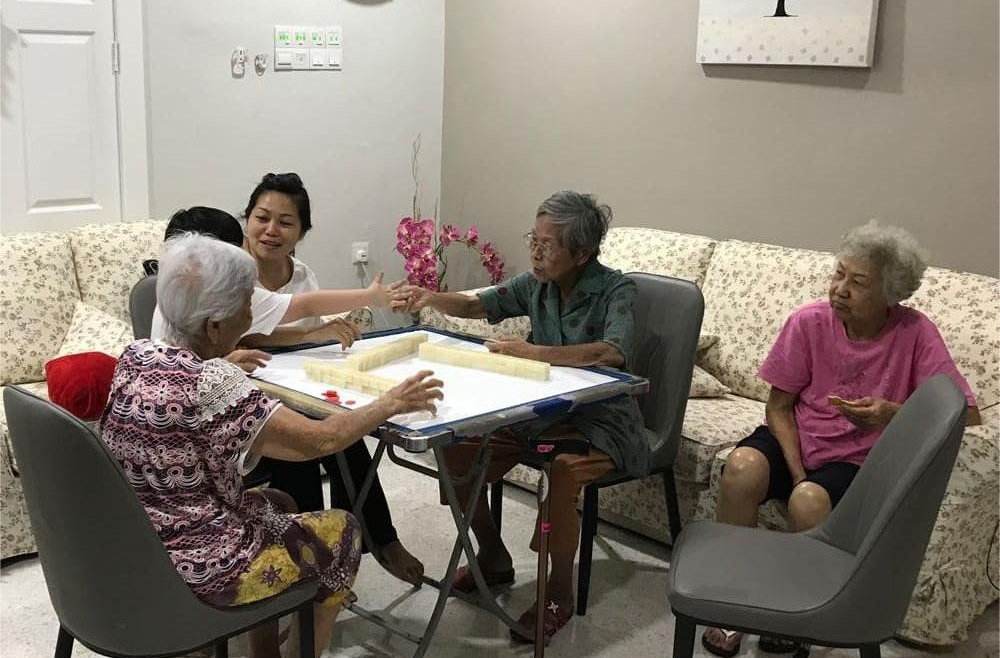
Caring for an aging loved one can be a beautiful act of love, but it can also be challenging when daily medical and personal needs increase. A home nurse provides professional care directly in the comfort of one’s home, making it an ideal solution for families who want trusted support without moving their loved ones into a care facility.
With the right care at home, seniors can maintain their independence while receiving the medical attention and assistance they need.
What Is a Home Nurse?
A home nurse is a trained healthcare professional who offers nursing care at home. Unlike general caregivers, they are equipped with medical knowledge and skills to handle health monitoring, medication management, wound care, mobility assistance, and more.
This service is especially beneficial for seniors recovering from surgery, managing chronic conditions, or needing long-term medical support in a familiar environment.
Why Families Choose Home Nursing Care
Many families prefer a home nurse because it combines professional care with the warmth of home. It allows seniors to stay in a familiar space surrounded by family, which can help reduce anxiety and support emotional well-being.
For families, it eases the burden of full-time care, ensuring their loved ones are looked after by experienced hands while they can focus on spending meaningful time together.
Key Benefits of Having a Home Nurse
- Personalized Care: Services tailored to each patient’s medical and personal needs.
- Comfort at Home: Seniors remain in a familiar and safe environment.
- Professional Monitoring: Early detection of health changes and quick response.
- Family Peace of Mind: Assurance that their loved one is receiving proper care.
- Flexible Support: From daily visits to round-the-clock care, depending on needs.
Choosing the Right Home Nursing Service
When selecting a home nurse, families should look for trained and certified professionals with experience in elderly care. A good home nurse doesn’t just provide medical assistance — they build trust and offer emotional support.
It’s also important to discuss the patient’s medical history, daily needs, and family expectations to create a clear care plan that benefits everyone.

